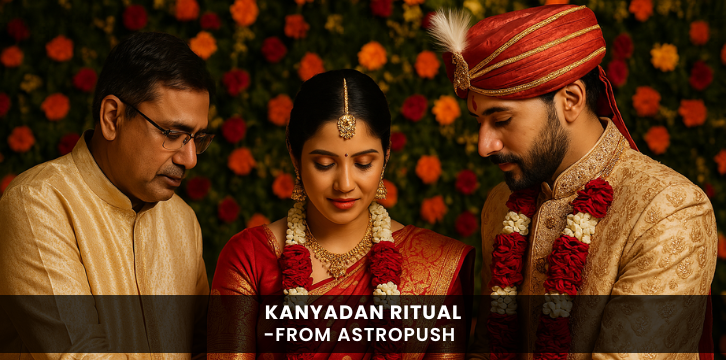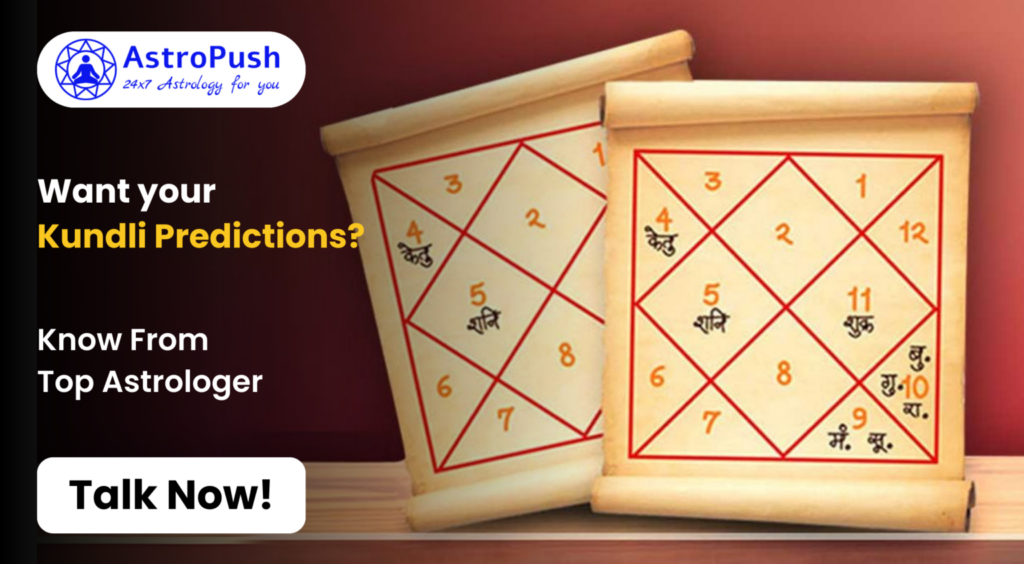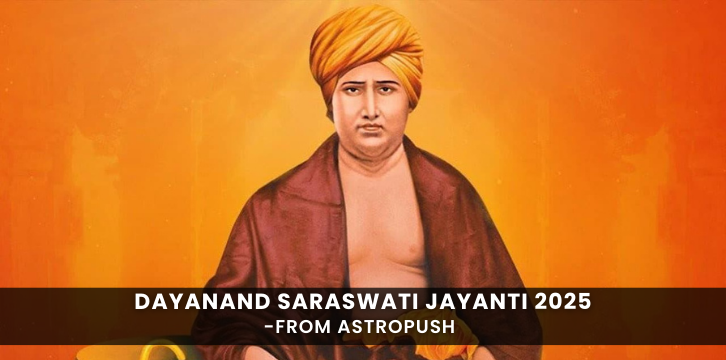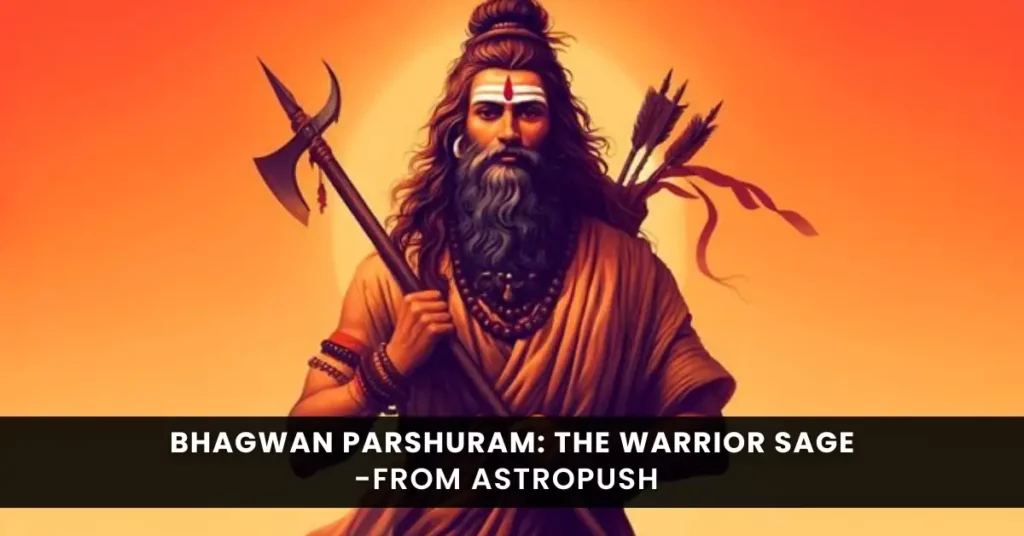Among all the rituals in an Indian wedding, one of the most emotional and spiritually significant ones is kanyadan. The word “kanyadan” itself holds deep meaning. It is a Sanskrit term where ‘Kanya’ means daughter and ‘Dan’ means donation or gift. This beautiful tradition marks the moment when the bride’s parents offer their daughter to the groom, entrusting her well-being and future in his care. This ritual is not just a symbolic gesture but a sacred vow and an act of immense faith and devotion.
What is Kanyadan?
Kanyadan ranks among the most important rituals in Hindu weddings. People consider it a highly virtuous act that brings great spiritual merit to the bride’s parents. In this ceremony, the bride’s father gives his daughter to the groom, who represents Lord Vishnu. The groom accepts the bride as his equal partner for life, promising to take care of her with love and respect.
According to Hindu scriptures, kanyadan is not merely a tradition but a sacred responsibility. It signifies the transfer of responsibility from the bride’s parents to the groom. People regard this act of giving as the highest form of charity. By performing kanyadan, the bride’s parents secure a place in heaven.
The Emotional Side of Kanyadan
The kanyadan ritual is filled with deep emotions. It is a moment where the parents realize that their daughter is stepping into a new life. There are tears, blessings, and smiles all around. The mother and father bless their daughter and pray for her happiness in the new home. It is a touching sight, one that captures the essence of a parent’s love and trust.
For the bride, kanyadan marks a turning point. It is a moment of reflection and hope. While she may feel sad to leave her home, she also looks forward to a new journey with her partner. For the groom, it is a reminder of the responsibilities he must now shoulder.
Mythological Importance of Kanyadan
The practice of kanyadan finds mention in several Hindu scriptures and mythological stories. It is said that the ritual was performed by kings and sages in ancient times. One of the most well-known stories is that of King Janaka, who performed kanyadan when he married off his daughter Sita to Lord Rama. This story is seen as the perfect example of how sacred the ritual is.
Vedic literature describes kanyadan as a yajna (sacrifice), where the parents offer their most precious gift—their daughter—to the groom. People also believe that this act washes away the parents’ sins and brings prosperity to the entire family.
The Ritual Process of Kanyadan
The kanyadan ceremony takes place during the wedding rituals, usually after the arrival of the groom and before the pheras (circling around the sacred fire). The bride sits next to the groom, and the priest chants holy mantras. The bride’s father then takes her hand and places it in the groom’s hand. This act is called hastamelap. Water, flowers, and rice are poured over their hands while sacred chants are recited.
The father of the bride says a prayer, requesting the groom to accept his daughter as an equal companion. The groom accepts her with a promise to always protect, respect, and love her. This moment marks the completion of kanyadan.
Also Read – Evil Eye Bracelet: A Symbol of Protection and Good Luck
Symbolism Behind Kanyadan
Kanyadan is not just a social practice but a symbol of purity, trust, and responsibility. It represents the values of selflessness and devotion. The ritual shows that the bride is not a possession, but a person of honor who is being entrusted to her life partner with love and care.
It also highlights the importance of commitment in a marriage. When the groom accepts the bride through kanyadan, he is also accepting the responsibilities that come with it. This includes providing emotional support, love, and stability.
Modern Outlook on Kanyadan
In today’s modern society, the meaning of kanyadan has evolved. While the traditional ceremony still holds its emotional and spiritual value, many families now look at it in a more balanced way. Some even believe that the ritual should represent mutual respect and equality between the bride and groom.
There are also families who include the bride’s mother in the ritual, breaking the age-old belief that only the father can perform kanyadan. This change shows that society is moving toward gender equality and shared responsibilities.
Astrological Connection with Kanyadan
In Vedic astrology, astrologers place great importance on the timing of the wedding and kanyadan. They calculate the muhurat, or auspicious timing, based on the birth charts of the bride and groom. Performing kanyadan at the right time brings good luck and happiness to the couple’s married life.
If you are looking to know the best time for your wedding or want a kundli matching to ensure compatibility, AstroPush can help. At AstroPush, we provide services like chat with astrologer online free, talk to astrologer online free, free kundli, free horoscope prediction, kundli matching, numerology, panchang calendar. You can also access our panchang calendar to find the right muhurat for kanyadan and other rituals.
Spiritual Rewards of Kanyadan
People believe that kanyadan brings immense blessings to the family. Ancient texts state that performing kanyadan washes away past sins and opens the path to moksha (liberation). These texts also mention that it brings peace, prosperity, and a long life to all family members.
In a world that often values material things, kanyadan reminds us of the beauty of giving without expecting anything in return. It is a spiritual act that connects the hearts of two families and lays the foundation of a new beginning.
Also Read – Kedarnath Temple: A Sacred Pilgrimage to the Abode of Lord Shiva
Importance of Rituals in Indian Culture
Rituals like kanyadan show the rich cultural and spiritual heritage of India. They are not just traditions but ways to bring people together, teach moral values, and create bonds that last forever. Through these rituals, the wisdom of the past is passed on to the next generation.
Every step of a wedding ceremony, especially kanyadan, is filled with meaning. These are not just age-old practices, but lessons in love, responsibility, and trust. That is why, even today, millions of families continue to follow these rituals with devotion and pride.
Conclusion
Kanyadan is a ritual that captures the essence of Indian weddings. It is a blend of love, emotion, faith, and spirituality. More than a ceremony, it is a heartfelt offering, a promise, and a tradition that connects generations.
If you are planning a wedding or are curious to know more about your life journey, consult the best astrologers in India through the AstroPush app. You can chat with astrologer online free, talk to astrologer online free, get your free kundli, or use our panchang calendar to pick the perfect day for your big occasion.
AstroPush is your one-stop solution for all astrology-related services. Trust our experts to guide you with accurate free horoscope prediction, numerology, and kundli matching. Connect with us today and begin your journey with divine blessings.
Download the application on PlayStore and AppStore now!





